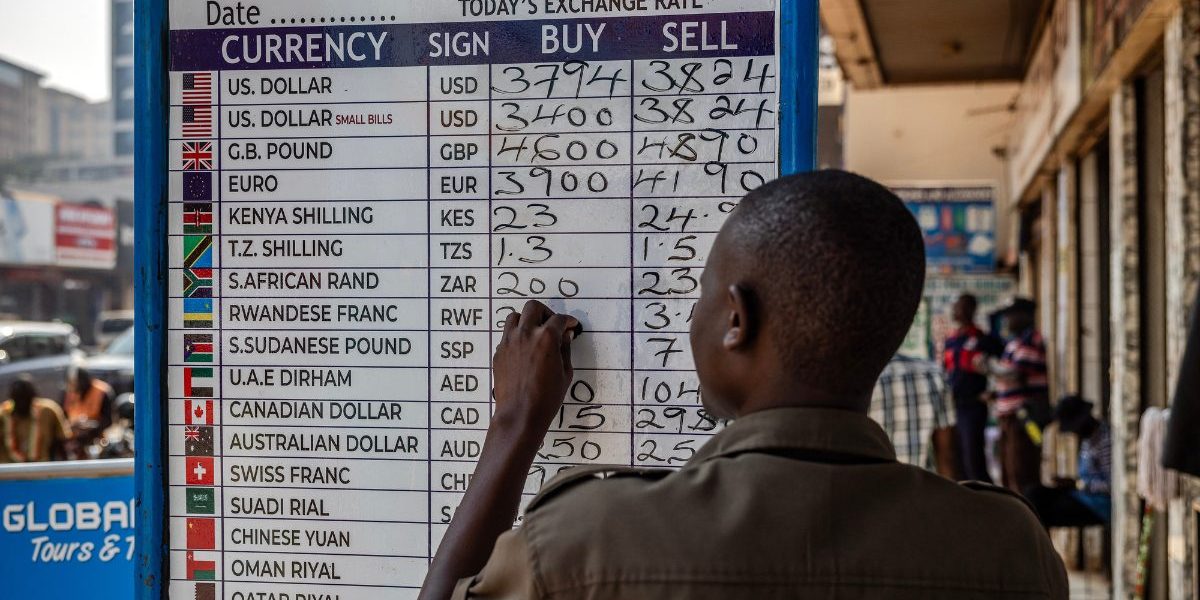Summary:
- This paper studies the macroeconomic resilience of two East African countries, Uganda and Rwanda, over a 20-year period (2000–2020). The two countries experienced more exogenous shocks (notably, a deterioration of terms of trade, the global financial crisis and the COVID-19 pandemic) than endogenous shocks (climate change and localised health epidemics) during the study period. However, recurring droughts have been the most common shocks experienced by the two countries over the past 20 years.
- The major transmission channels through which the economic crises affected the two economies varied according to the type of shock. For instance, climate-related shocks led to more constrained export growth, increased inflationary pressure and a contraction in private consumption.
- The global financial crisis affected all economic sectors in the two countries. In the financial sector, it led to a reduction in FDI, particularly in Uganda, and in gross capital formation in both countries. In the monetary sector, it resulted in a reduction in private-sector credit. In the trade sector, it led to more constrained export and import growth, while in the fiscal sector it led to a reduction in public consumption.
- The COVID-19 pandemic affected all economic sectors in the two countries. In Uganda, the greatest impact was a 127% reduction in export growth, followed by a 98% contraction in gross capital formation. In Rwanda, the greatest impact was a 191% contraction in private consumption, followed by a 146% reduction in export growth.
- To mitigate and/or avert future economic crises, the two countries should: i) implement policies that increase capital inflows; ii) use fiscal policy (government expenditure) to boost economic activity, especially during periods of economic crisis; iii) improve the performance of the agricultural sector; and iv) adopt mitigation strategies and build resilience to the effects of climate change, especially drought.







